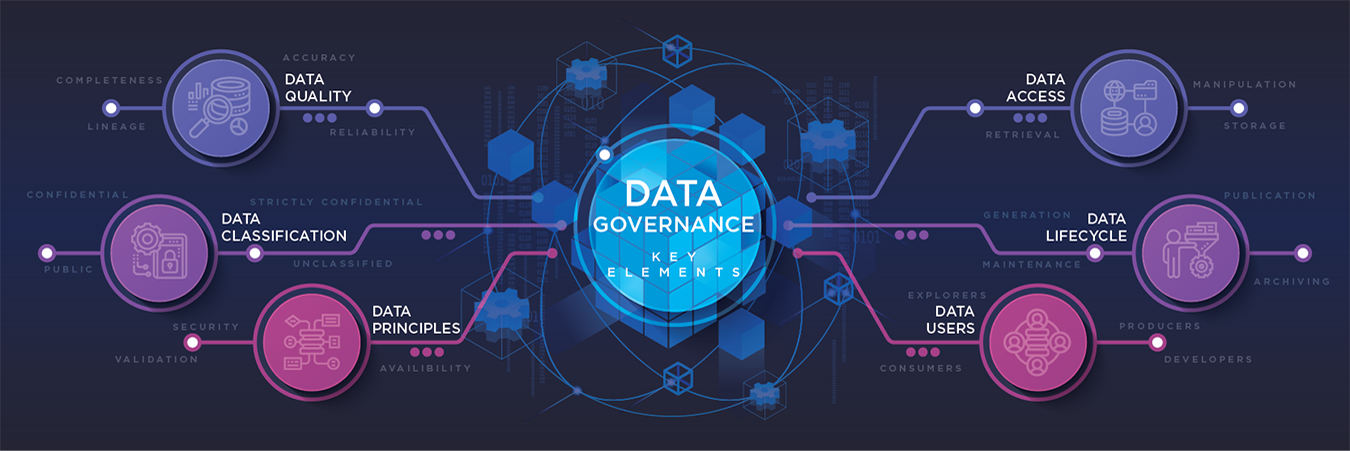The Importance of Data Governance


24 April 2020
By Syed Ahmed, Senior Manager of Business Systems, Operations Support Division, UN Office of Information and Communications Technology
My team and I lead self-service analytics initiatives in the United Nations and our work has helped transform the Organization’s approach to data. I believe that as the UN continues to make analytics platforms available to mostly non-technical business users, the value proposition for effective data governance is imperative.
In my view, data governance is associated with a set of tenets that can significantly improve data quality and data-driven insight within an organization. Once defined, these tenets would guide all our data work and would be adhered to even as the volume, variety and velocity of data continued to expand and change.
By developing an overarching governance framework, organizations can better manage the many risks associated with the increased adoption of self-service analytics, ranging from credibility, security, maintainability, scalability, and compliance. It’s important to note that data governance is not only a challenge for the United Nations and other large public organizations. Research suggests that most organizations in both the public and private sectors are working on how to approach this increasingly important topic in an effective and practical manner.
Governance is not incompatible with innovation
Technology is changing at a much faster rate than our processes. But data governance does not need to get in the way of technological innovation. If a data governance framework is built with the objective of providing a foundational layer that can help users operate data responsibly and securely, it will have better chances of being accepted and adapted in the innovation process.
Foundational governance elements can provide solid underlying guidance, regardless of our technologies or data volume. These elements include:
- A clear definition of data principles (data should be available, validated, and secure)
- Data classification (public, unclassified, confidential, or strictly confidential)
- Data quality criteria (data completeness, data lineage, etc.)
- Data access (ensuring that the right people have access to the right data)
- Data lifecycle (the sequence of stages that a unit of data goes through, from the time the data is produced until it is rested or archived) and
- Classification of users (producers, explorers, consumers, developers, etc.).
It is a hopeful sign that in recent months the UN has increased its focus on the need for an overarching data strategy and data governance mechanism. The data governance council envisioned in this new strategy can play an important role in identifying the core tenets of an effective data governance framework. The establishment of such a council will also be a great opportunity to gain insights from other UN entities who have already made important advances in the governance space.
*The views expressed herein are those of the author(s) and do not necessarily reflect the views of the United Nations.
| Tweet |

